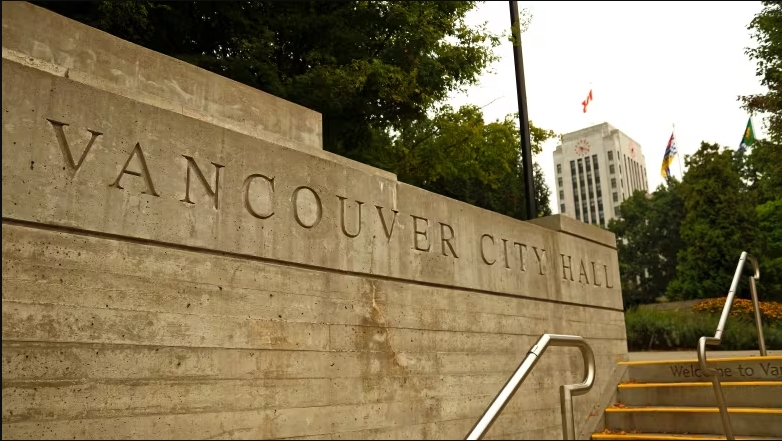Vancouver Council Faces Divisive Vote on Natural Gas in New Homes, Sparking Climate Debate
Noah Chen
11/26/20242 min read


Vancouver city councillors are set to vote on Thursday on a proposed bylaw change that would permit the use of natural gas for space and water heating in new homes—a move that challenges the city's long-standing climate goals.
The bylaw, if approved, would reverse Vancouver’s progressive climate policy of phasing out natural gas in most new buildings by 2025. Introduced in 2016, the policy aims to tackle the city’s largest source of carbon emissions: burning natural gas for heating.
In July, council narrowly approved Coun. Brian Montague’s motion to allow natural gas in new builds, with Mayor Ken Sim casting the tie-breaking vote remotely. Montague argued the change would ease barriers for middle-income housing and improve affordability.
However, critics, including some within the mayor’s own ABC Vancouver slate, contend the policy rollback would hinder the city’s ability to meet its 2030 target of a 50% reduction in greenhouse gas (GHG) emissions.
Divided Council
The vote is expected to highlight the growing rift within Vancouver’s majority ABC Vancouver council. ABC councillors Rebecca Bligh, Sarah Kirby-Yung, Mike Klassen, Brian Montague, Lenny Zhou, and Mayor Sim have supported the measure. Meanwhile, ABC councillors Lisa Dominato and Peter Meiszner, along with Green Party councillors Adriane Carr and Peter Fry, are staunchly opposed.
The absence of Coun. Christine Boyle, a vocal critic of the amendment, further complicates the outcome. Boyle, who opposed the July motion, is on unpaid leave following her election to the provincial legislature with the B.C. NDP.
Climate and Affordability at Odds
A report from city staff warns that allowing natural gas heating would lead to significantly higher emissions, making climate targets harder to achieve and potentially incurring costly retrofits in the future. The report also suggests that the change would not significantly impact housing affordability or speed up building approvals.
“Allowing natural gas for space heating and hot water provides applicants with more choice but does not improve affordability or accelerate housing approvals compared to the low-carbon option,” the report states.
Environmental advocates, including Women Transforming Cities, have criticized the proposed change, calling it a step backward for Vancouver’s climate leadership. Meanwhile, the B.C. Coalition of Affordable Energy supports the amendment, arguing that businesses and residents need access to "affordable and dependable energy sources."
Provincial Context
Under the province’s Clean B.C. program, natural gas for space and water heating in new buildings will be effectively prohibited by 2030. Vancouver's current policy is more ambitious, seeking to eliminate gas heating sooner through its Zero Carbon Step Code.
Notably, the city has not enacted bans on natural gas for ancillary uses like cooking or fireplaces in new or existing buildings.
What’s at Stake?
As council prepares for Thursday’s vote, the decision could signal Vancouver’s priorities in balancing climate action with housing affordability. Whether the city chooses to stay the course on its climate commitments or accommodate natural gas will set a precedent for other municipalities navigating similar challenges.
News
Stay updated with the latest BC news stories, subscribe to our newsletter today.
SUBSCRIBE
© 2025 Innovatory Labs Inc.. All rights reserved.
LINKS
